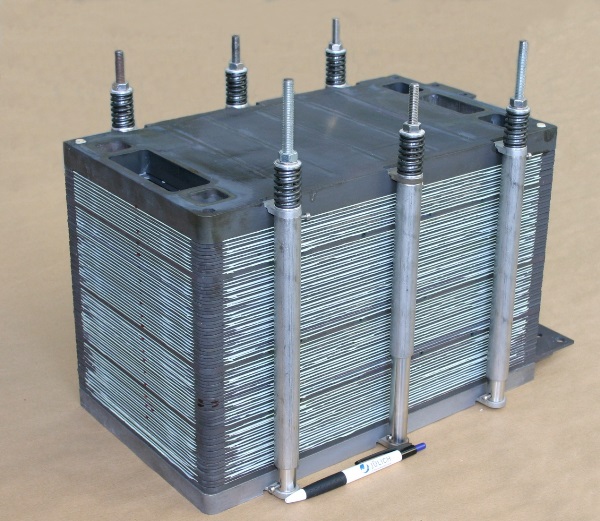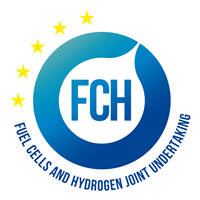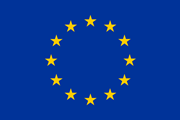S & T challenges

⚈ Development of efficient, durable fuel (cathode) electrodes, tolerant to degradation (e.g. re-oxidation and carbon deposition) for their use in H2O and H2O/CO2 applications.
⚈ Development of durable SOEC air (anode) electrodes by applying new materials.
⚈ Advanced (in-situ and ex-situ) physicochemical and complete electrochemical characterization of electrocatalysts and SOEC assemblies.
⚈ Investigation of the degradation mechanisms on both SOEC H2O and air electrodes, under fixed operating conditions, based on the commercialization standards.
⚈ Development of a detailed mathematical model accounting for all reactions taking place in a SOEC (H2O electrolysis, H2O/CO2 co-electrolysis), aiming for the elucidation of the reactions/degradations mechanisms.
⚈ Identification of the best performing electrodes (both for the H2O and the O2 electrodes) in terms of efficiency and maximum lifetime, mainly for H2O electrolysis and in a certain extent for H2O/CO2 co-electrolysis towards synthesis gas.
⚈ Fabrication and testing of single cells (electrolyte or fuel electrode-supported) that will comprise the new developed electrode materials, by applying SoA and novel (Thermal Spraying) fabrication techniques.
⚈ Long-term operation of the best performing combination of electrodes for at least 3000 hours under standardized conditions for the H2O electrolysis and optionally for H2O/CO2 co-electrolysis.
⚈ Development of 2 short stack/s. The stack/s will be operated for at least 2000 hours under standardized conditions for the H2O electrolysis and optionally for H2O/CO2 co-electrolysis.
⚈ Verification that the investigated concepts constitute a competitive advantage based on which PyroGenesis S.A. and Prototech will manage their competitive strategy for entering the Solid Oxide Cells` market with the produced cells and/or stacks.
⚈ Investigation of all the necessary actions for proper communication/advertisement of the produced SOECs and search for potential partners, stakeholders and investors.


